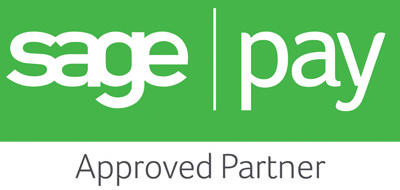Cookies Are Here To Stay, For Now At Least
Google recently sent tremors through the marketing industry when it announced a phase-out of third-party tracking cookies in its Chrome browser. Apple made a similar announcement around the same time, signifying a massive change in the way companies and marketing departments collect user data to personalise advertising.Google announced a change towards FLoC (Federated Learning of Cohorts), which was intended to muddy the waters for marketers looking for personal, individualised data from browsing behaviour. While cookies can be tied to an individual (or individual device) they are also applicable to households who share devices, meaning that one user might see ads intended for another based on the shared browsing history of the device. The FLoC model will phase out the ability for marketers to identify individual and household browsing behaviour and history.
The downside to FLoC is that by grouping people based on broader demographic criteria, it could be used to group people by protected characteristics, such as race, gender and sexuality. It is also theoretically possible to bypass the intention of FLoC by using other metrics, such as browser type, location/IP address or the size of the browser window to identify individuals. Some browsers and search engines have already publicly stated that they will not implement, or will disable FLoC technology and part of this pushback will be the expected noise that is generated when Google makes any major change, while some of it is worth listening to.
It seems that Google has listened to this reaction and has now announced that they will defer the roll out of FLoC, and the abandonment of third-party cookies until early 2023, giving marketers more time to work out strategies they can use to retain access to the valuable data that is generated when people browse the internet.
It's good news for current and planned campaigns, as the access to this data is still possible for several months, but in order to get ahead of the pack, now is the time to seriously invest some time and budget into developing other ways of collecting browsing data and into ways of taking ownership of the data that customers generate.
Simply put, if a company can shift reliance from third-party cookie data to first-party cookie data plus data gathered from other channels, such as social media, email advertising and good old-fashioned PPC campaigns then these changes forced by the major players will not have such a far-reaching effect on them. Taking back control of their customer behaviour data is crucial, and there has never been a better time.
Look at the data you currently collect from your website analytics, email marketing analytics and social media metrics and consider whether you could design, implement and run a successful campaign based on the data which you own. If there are holes in your strategy where third-party cookie data would normally be used, find ways to fill these holes or ways to manoeuvre around them without compromising on the integrity of your personalisation. This may mean shifting to different channels for some messages, or working hard on persuasive messages that will still work for PPC campaigns when narrow personalisation is not possible.
There is plenty of time to design and test these new strategies, but the sooner you get started, the sooner you'll be ahead of your competitors.
